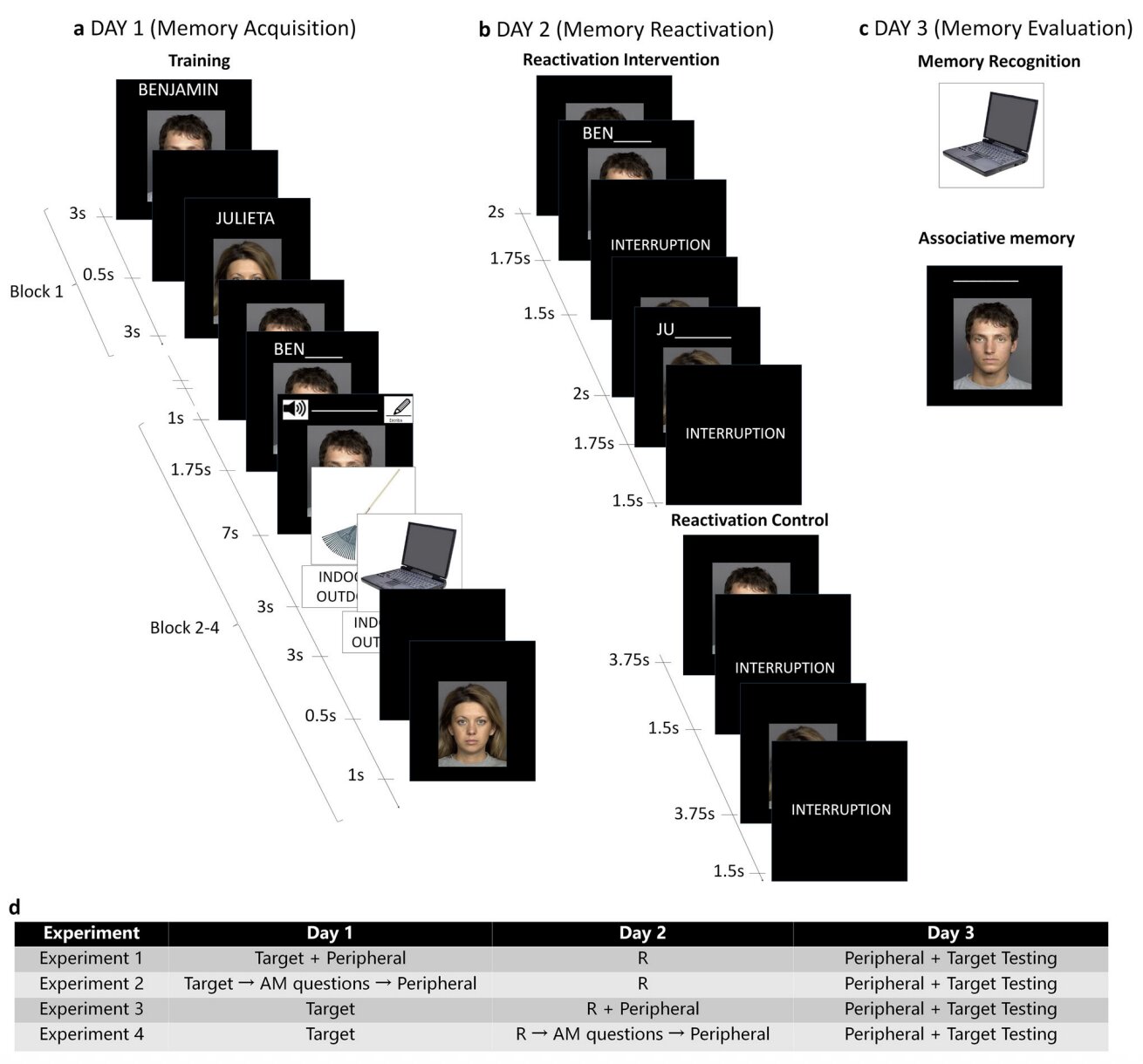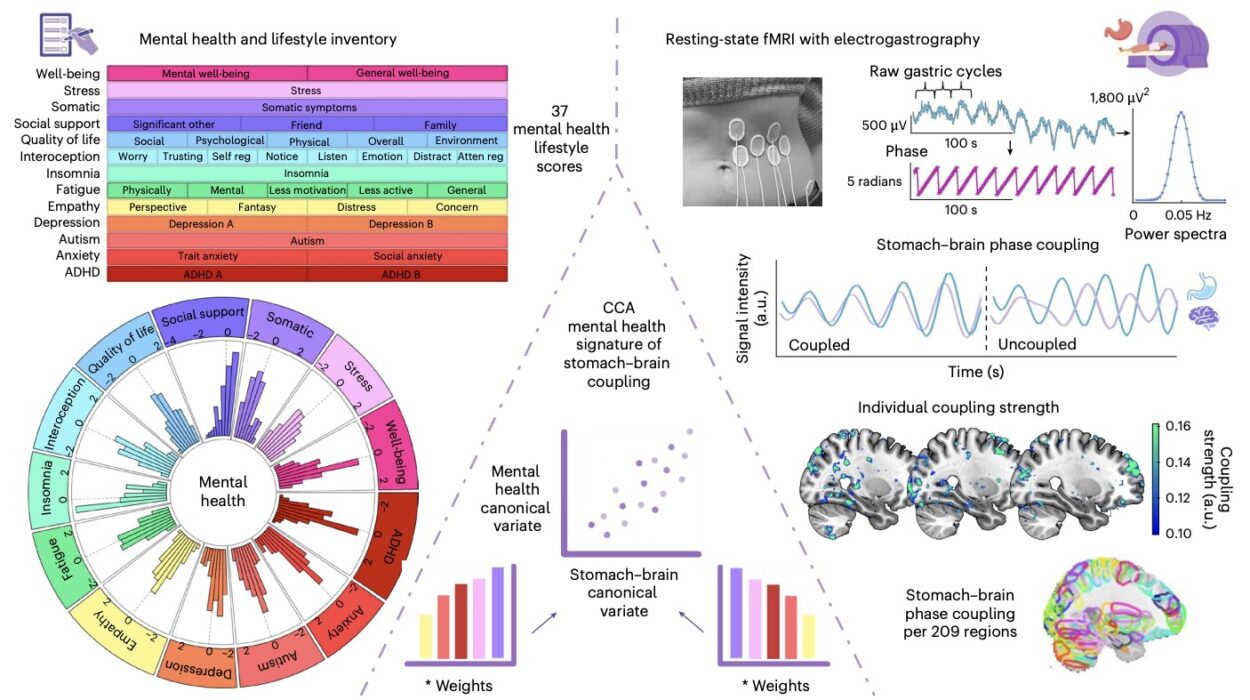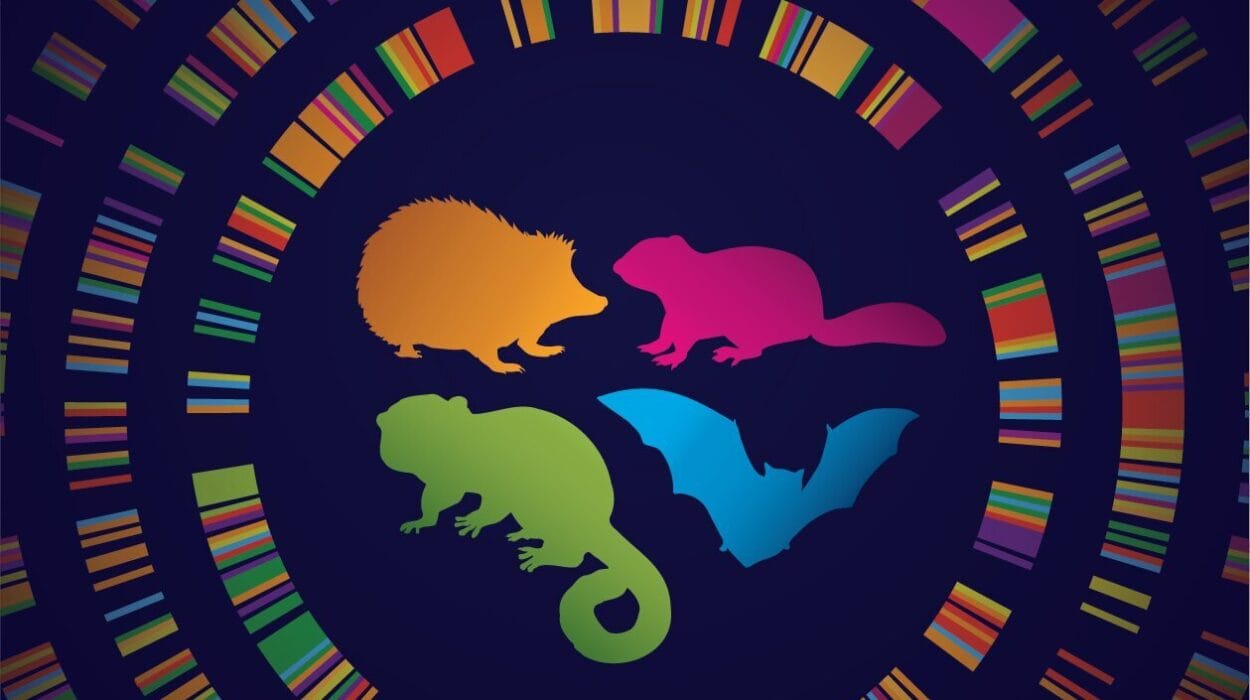Most of us have experienced the strange way memories come bundled together. You remember your college graduation, and suddenly the scent of your favorite cologne from that night, the sound of your best friend’s laugh, or the taste of champagne at the afterparty floods back into your mind. This mysterious ability to recall a network of experiences from a single cue is a hallmark of human episodic memory—and it turns out that this interconnectedness is not just psychological, but rooted deeply in brain physiology.
Now, a groundbreaking study by researchers at the Institute of Molecular Biology and Neuroscience (IFIByNE-CONICET) and the University of Buenos Aires reveals that even well-established, long-term memories can be strengthened indirectly—simply by remembering something else that was learned in the same context. Published in Communications Psychology, this work pushes the boundaries of what we know about how memory is stored, reactivated, and reinforced in the brain.
The Associative Nature of Memory
Episodic memory refers to the recollection of autobiographical events—experiences tied to specific times and places. Neuroscientists have long known that this form of memory is heavily reliant on structures in the medial temporal lobe, particularly the hippocampus, which acts like a master archivist, encoding and retrieving the details of past experiences.
One of the most fascinating features of episodic memory is its associative nature. Memories are not stored in isolation like files in a cabinet; they are woven into a vast network of related sensory cues, emotions, and thoughts. Activating one thread in this neural web often pulls others along with it. Psychologists call this “contextual binding,” a process through which events occurring close in time or space become linked in memory.
While this phenomenon has been observed for decades, most previous research focused on fresh memories—those still in the labile, fragile window before consolidation. Until now, it remained unclear whether activating one well-established memory could still tug on its associated counterparts, reinforcing them even without direct recall.
A New Approach: Memory Reactivation and Indirect Strengthening
To explore this question, neuroscientists Juan Cruz Beron, Luz Bavassi, and their colleagues designed a set of carefully controlled experiments to test how the reactivation of a specific memory might impact the retention of other memories connected by context, even after they had already been consolidated.
The central idea behind their research was deceptively simple: Could the act of remembering something strengthen not only that memory itself, but also other experiences tied to the same learning episode?
The study involved a total of 238 adult participants, spread across four experiments, each following a similar protocol designed to tease apart the subtle mechanics of memory linkage and reactivation.
The Four-Day Memory Challenge
On Day 1, participants were exposed to two types of stimuli simultaneously: face-name pairs (which served as the “target” memory) and a series of unrelated everyday objects (the “peripheral” memories). These pairings were carefully presented together to ensure they shared a spatiotemporal context—that is, they were learned side by side in the same session, building a contextual bridge between them.
Then came Day 2, when the researchers split the participants into two groups. One group underwent a “memory reactivation” task, where they were shown partial cues designed to subtly trigger the recall of the face-name pairs. The other group completed an unrelated task, serving as the control condition.
On Day 3, participants from both groups were tested on their ability to recall both the target face-name pairs and the peripheral objects. Would the reactivation task help participants remember more—and not just the information that was directly cued?
The results, published in the team’s paper, were striking.
Reactivation Boosts More Than You Remember
Participants who had their memories reactivated on Day 2 showed significantly better recall for both the face-name pairs and the associated objects compared to the control group. This suggested that reactivating a consolidated memory—something already filed away in the long-term archive of the brain—could still enhance its strength.
But even more remarkably, this reactivation had a “halo effect.” It improved recall of other information that had been learned in the same context, even though it wasn’t directly cued during reactivation.
However, this indirect memory boost came with an important caveat: context mattered.
When the peripheral objects were learned in a different context from the face-name pairs—either in a different session or setting—the reactivation of the face-name memory did not produce the same enhancement. In other words, the strengthening of associated memories only occurred when those memories were contextually bound at the time of learning.
Context as the Binding Agent of Memory
This finding offers crucial insight into how episodic memory operates in the brain. It supports the theory that the hippocampus doesn’t just encode discrete facts or experiences, but acts as a kind of neural time machine, binding together multiple streams of information—visual, auditory, emotional, semantic—into a single coherent episode. When one component of that episode is reactivated, the others can light up as well.
It’s as though the brain uses context like a keyring, bundling together various keys (memories) onto a single loop. Recall one key, and you bring the others jangling along.
This also aligns with recent models of memory consolidation, which suggest that long-term memories are not static, but dynamic—capable of being modified, updated, or reinforced long after they are first stored. Memory, in this view, is less like a photograph and more like a live performance, where each rehearsal strengthens not just the scene being played, but the entire act.
Why This Matters: Memory, Learning, and Mental Health
Beyond its theoretical elegance, this study has wide-ranging implications. For educators, it suggests that learning strategies that emphasize contextual overlap—teaching related material in the same session, using consistent environmental cues—might boost long-term retention by creating stronger associative links.
For clinicians working with memory disorders such as Alzheimer’s or post-traumatic stress, it raises intriguing possibilities. If reactivating certain memories can indirectly strengthen others, could this be used therapeutically? For example, might reactivating positive memories help stabilize related but more fragile or trauma-impacted recollections?
There are also implications for eyewitness testimony, where reactivating part of an event could unintentionally influence memory of associated—but inaccurate—details. Understanding how memory reactivation works could help courts and psychologists better navigate the murky waters of human recollection.
Looking Ahead: The Future of Episodic Memory Research
This research opens the door to a whole new dimension of memory science. Future studies might explore what types of contexts (spatial, emotional, narrative) create the strongest binding. Could the emotional intensity of a shared context increase the likelihood of indirect memory strengthening? What about sleep, known to be crucial for memory consolidation—does the reactivation effect hold if the initial context was encoded before sleep?
The study also hints at a powerful message: memory is not merely the echo of past events, but a living system of associations, shaped and reshaped with each act of recollection.
In the end, our memories are not just records of where we’ve been—they are bridges, woven from context and time, that connect everything we’ve experienced to everything we’ve yet to recall.
Reference: Juan Cruz Beron et al, Evidence for indirect strengthening through reactivation of contextually bound memories, Communications Psychology (2025). DOI: 10.1038/s44271-025-00250-5






